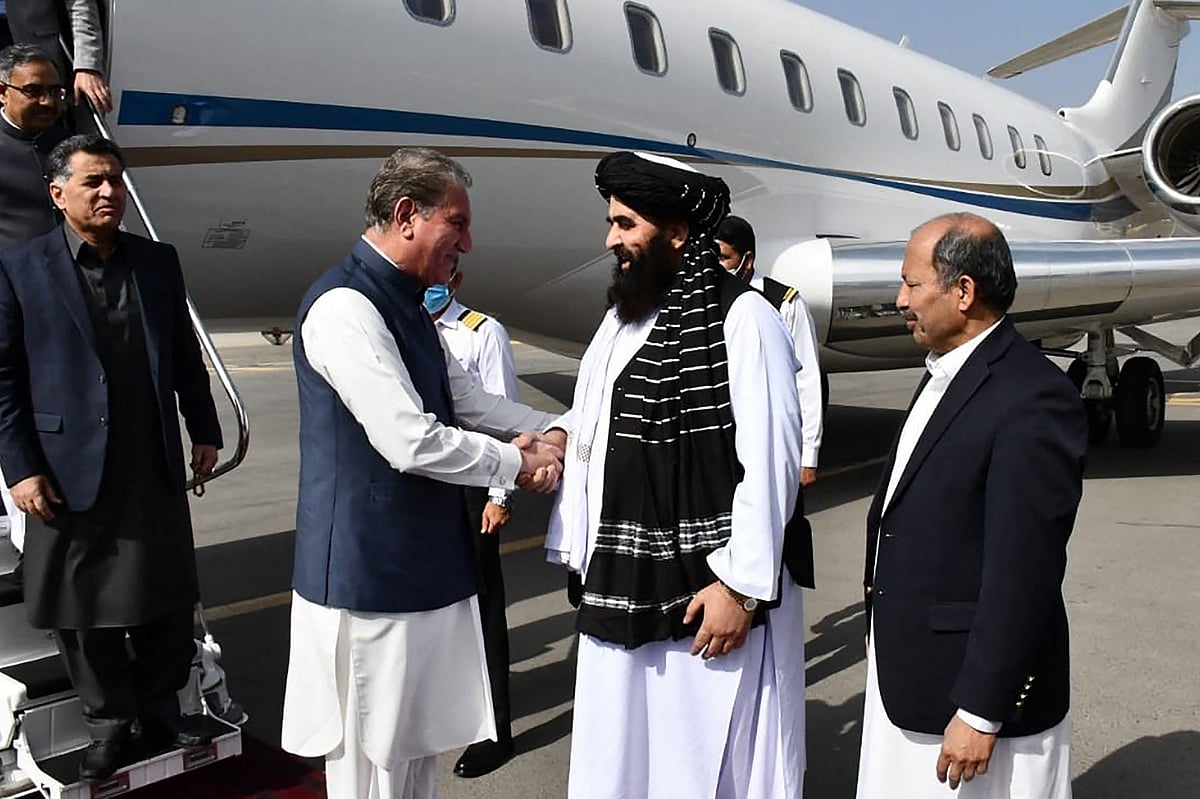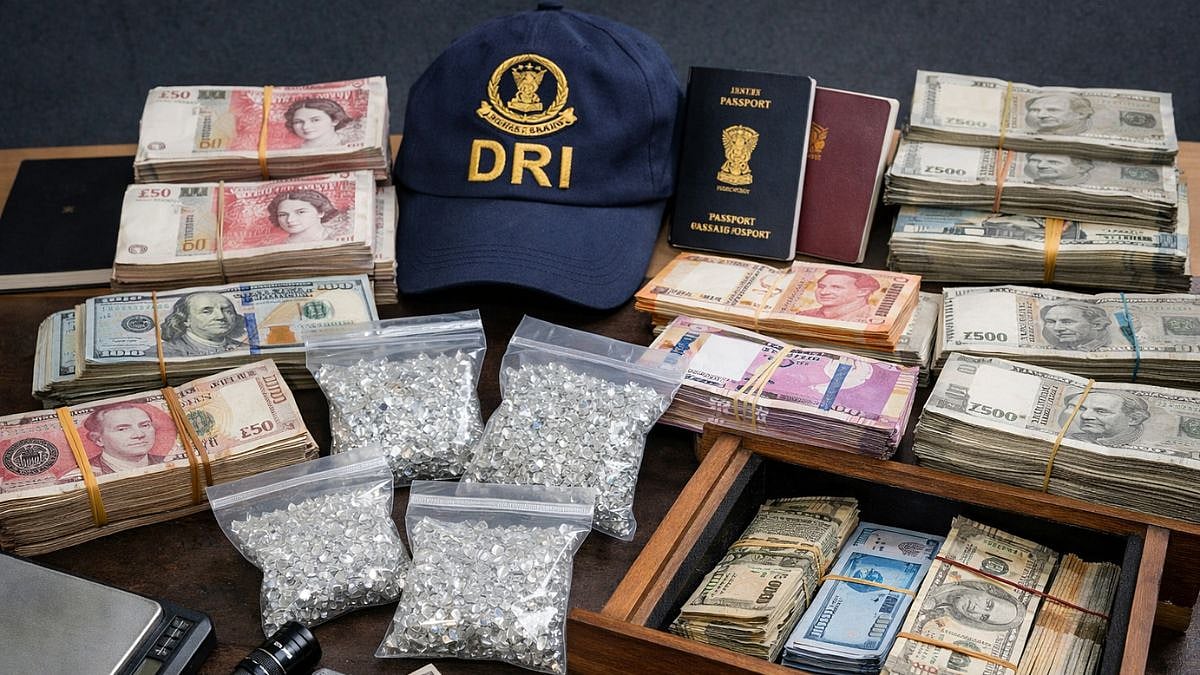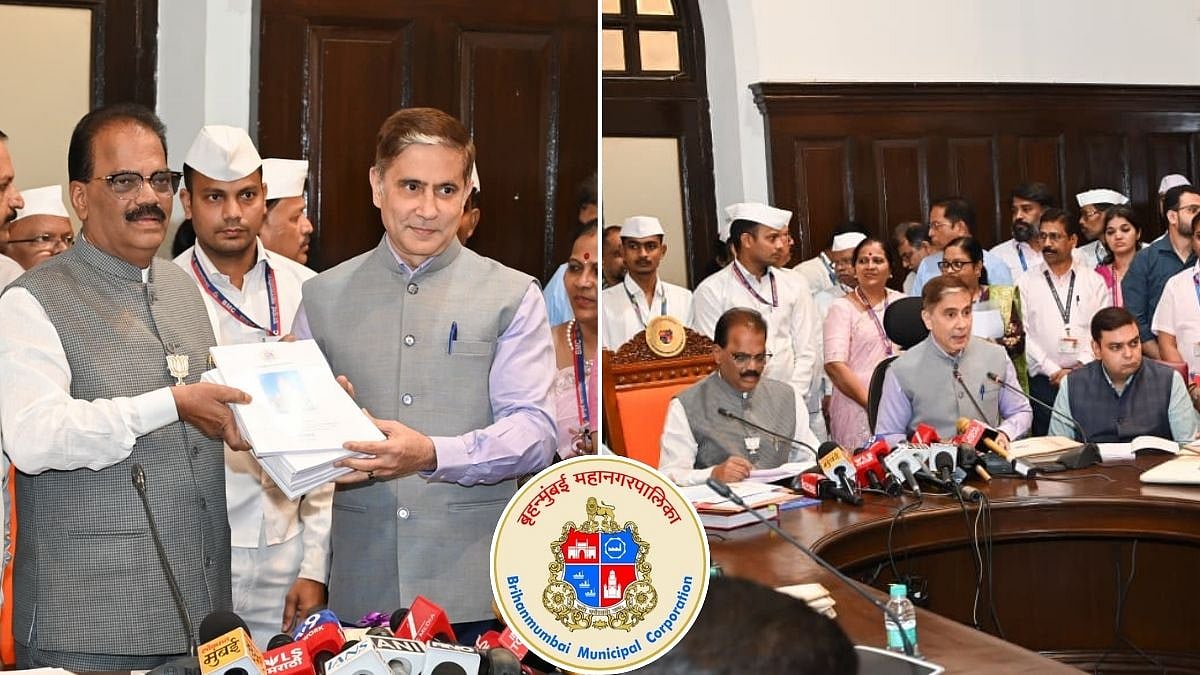Islamabad:
Pakistan's Foreign Minister Shah Mahmood Qureshi travelled to Kabul on Thursday along with spy agency ISI chief Lt Gen Faiz Hameed to hold talks with Afghanistan's interim government led by the Taliban.
During the day-long visit, the Pakistani delegation will hold talks with Afghanistan's Acting Foreign Minister Amir Khan Muttaqi and call on leadership of the interim government in Kabul and other Afghan leaders, according to Foreign Office.
Muttaqi welcomed the Pakistani delegation at the Kabul International Airport.
"The talks between the two sides will cover the entire spectrum of bilateral relations and focus on ways and means to deepen cooperation in diverse areas," the Foreign Office said.
The Foreign Minister will also share Pakistan's perspective on issues of regional peace and stability, it said.
As a close fraternal neighbour, Pakistan has always stood by Afghanistan, keeping the border crossing points open for trade and pedestrian crossing under COVID protocols, it said.
Facilitative visa regime for Afghan nationals and border crossing procedures for trade and cargo have been instituted, while in recent months Pakistan has also provided humanitarian aid and assistance in the form of food stuffs and medicines.
The Foreign Minister's visit reflects Pakistan's consistent policy of supporting the brotherly Afghan people, deepening bilateral trade and economic relations, and facilitating closer people-to-people contacts, according to FO.
The visit is taking place after the recent meeting of officials from China, Pakistan, Afghanistan and Russia in Moscow and ahead of an upcoming meeting of foreign ministers of neighbours of Afghanistan plus Russia in Tehran next week.
The interim government of the Taliban has failed to win recognition of the world.
On September 4, Lt Gen Hameed, in a surprise move, dashed to Kabul as the Taliban struggled to finalise and install an inclusive government in Afghanistan. Three days after his visit, the Taliban announced an interim government.
It is believed that Pakistan enjoys a clout over the Taliban and played a key role in their peace talks with the US that resulted in the Doha agreement of 2020.
Pakistan was often accused by the Afghanistan government led by President Ashraf Ghani of giving the Taliban military aid, a charge denied by Islamabad.
The Taliban seized power in Afghanistan on August 15, two weeks before the US' complete troop withdrawal on August 31 after a costly two-decade war.
NATO to convene meeting on Afghanistan in Brussels
ANI
Brussels [Belgium]:
NATO Secretary-General Jens Stoltenberg has said that the organisation is planning to convene a summit of defense ministers of the state members in which Afghanistan will be discussed, local media reported on Thursday.
The meeting is reportedly being held in headquarter of NATO, Brussels on Thursday and Friday (local time), Khaama Press reported.
The defense ministers of NATO state members will discuss potential terror threats evolving from Afghanistan, the publication reported.
"Taliban are accountable to NATO and their allies in terms of their commitments over addressing terrorism, human rights, and providing a safe route for people to leave Afghanistan," Khaama Press quoted Stoltenberg as saying.
This comes after the Moscow Format concluded on Wednesday.
Meanwhile, member countries taking part in the Moscow Format Dialogue in a joint statement expressed concern over the use of Afghan soil by proscribed terrorists.
Russia on Thursday expressed concerns over the increasing presence of ISIS and Al-Qaeda in Afghanistan after the Taliban take over. Delhi is also accusing Pakistan spy agency of supporting anti-India terror groups Lashkar-e-Toiba and Jaish on Afghan soil.
A joint statement issued after talks stated, "being concerned about the activities of proscribed terrorist organisations in Afghanistan, the sides reaffirmed their willingness to continue to promote security in Afghanistan to contribute to regional stability." Participating countries also called on the current Afghan leadership to take further steps to improve governance and to form a truly inclusive government that adequately reflects the interests of all major ethnopolitical forces in the country.




